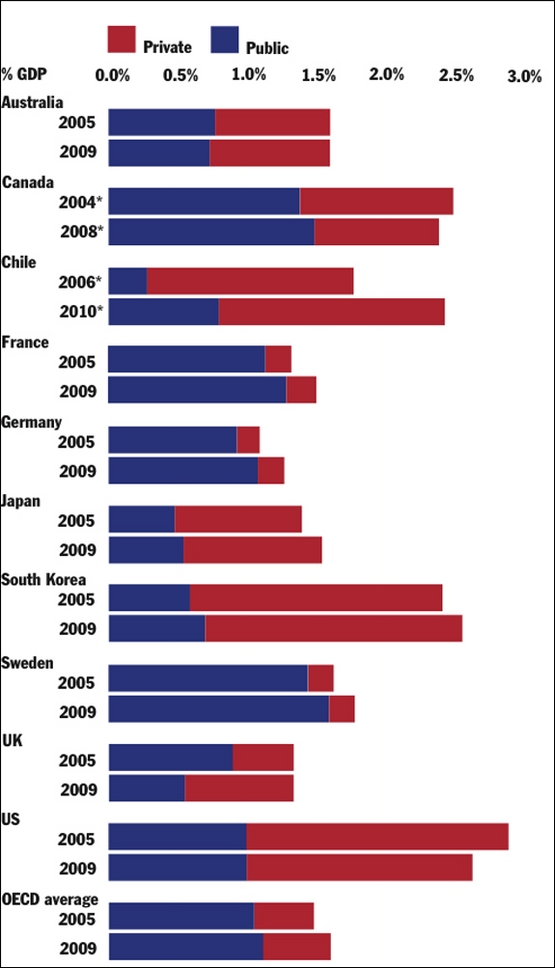SteadyMercury
Gold Member
- Jan 1, 2013
- 4,731
- 1,202
- 190
From WSJ at Josh Mandel: Welders Make $150,000? Bring Back Shop Class - WSJ.com
A good trade to consider: welding. I recently visited Pioneer Pipe in the Utica and Marcellus shale area of Ohio and learned that last year the company paid 60 of its welders more than $150,000 and two of its welders over $200,000. The owner, Dave Archer, said he has had to turn down orders because he can't find enough skilled welders.
